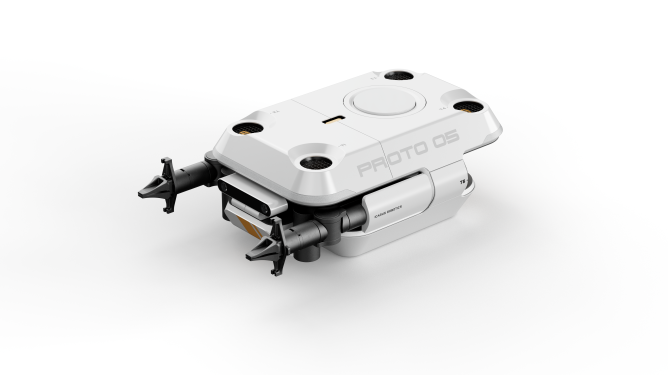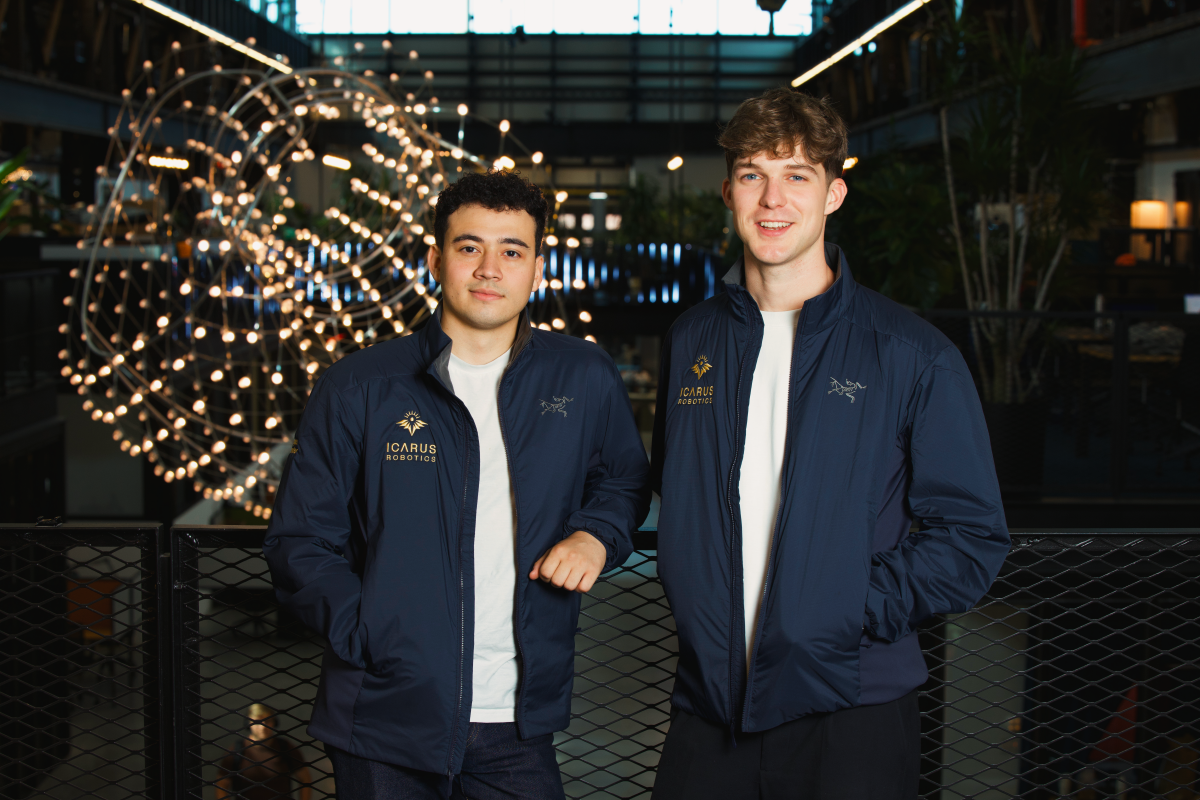
When you picture astronauts on the International Space Station, you probably imagine high-stakes science experiments, breathtaking views of Earth, and maybe a little zero-gravity acrobatics. But according to the astronauts themselves, reality looks a lot more like—wait for it—working at an Amazon warehouse.

That’s exactly what Icarus Robotics cofounders Ethan Barajas and Jamie Palmer learned after hours of interviewing space veterans. One astronaut even joked: “We’re Amazon warehouse workers with PhDs.” Ouch. The problem? If an experiment takes two hours, the first 90 minutes are often wasted unpacking cargo, moving gear, and prepping tools.
Think about that. Some of the brightest, most rigorously trained humans on the planet spend two weeks at a time doing little more than unpacking boxes. All because every 60 days, about 3.5 tons of cargo arrives at the ISS, and someone has to unpack, stow, and manage it.
Barajas and Palmer thought: there has to be a better way. Their solution? Robots. Not clunky humanoids that look like sci-fi extras, but nimble, fan-propelled machines with two robotic arms and jaw grippers designed specifically to handle cargo bags.
And investors are buying in. Icarus just closed a $6.1 million seed round led by Soma Capital and Xtal, with support from Nebular and Massive Tech Ventures. The goal: take the grunt work off astronauts’ hands so they can focus on actual science.
Palmer, the robotics brain of the duo, says the team doesn’t need to reinvent the human hand to get the job done. With bimanual manipulation, their robots can achieve 80% of the dexterity astronauts need using simple jaw grippers. The startup has already run demos here on Earth, showing the bots unzipping real ISS cargo bags, unpacking them, and zipping them back up again.
Next up: parabolic flight tests in the new year, followed by a full year-long demonstration on the ISS in partnership with Voyager Space. Initially, the robots will be teleoperated, but the plan is to gradually build toward autonomy powered by embodied AI. Think “open the bag” level commands, eventually scaling to full self-sufficiency in deep-space missions where real-time control isn’t possible.
Barajas sums it up: “We don’t want to replace astronauts. We want to free them up so their time in space is as research-heavy and valuable as possible.”




